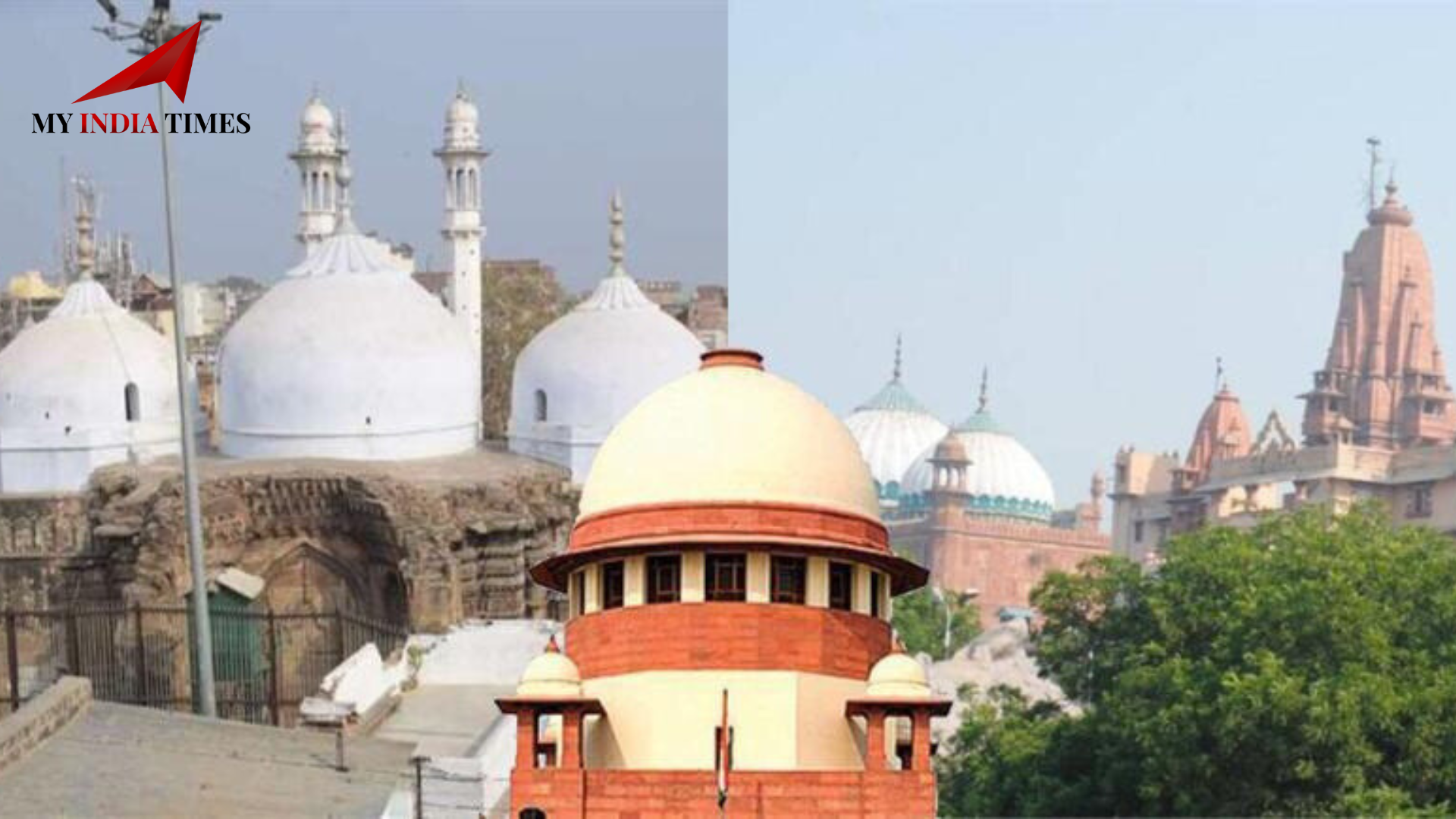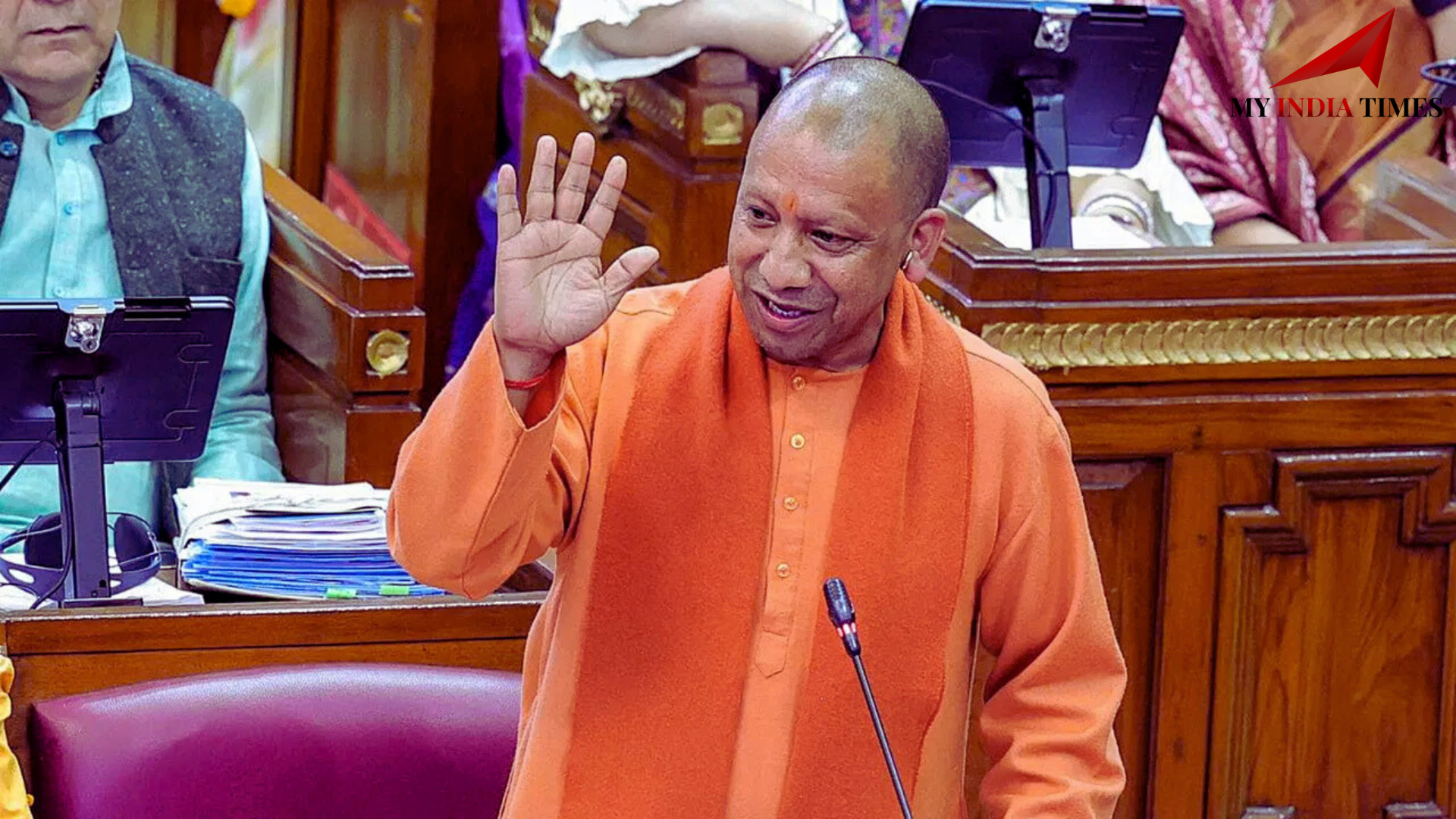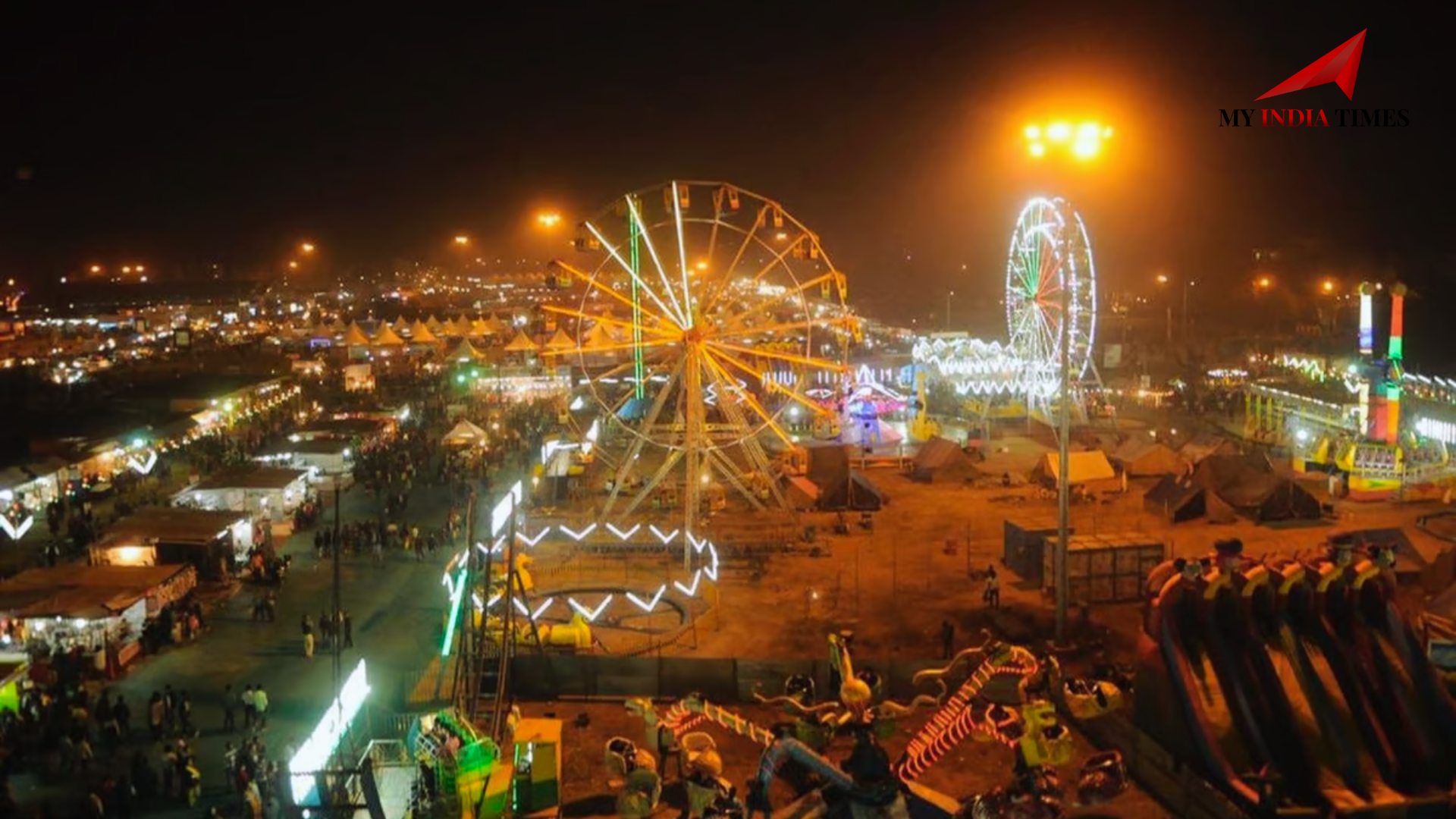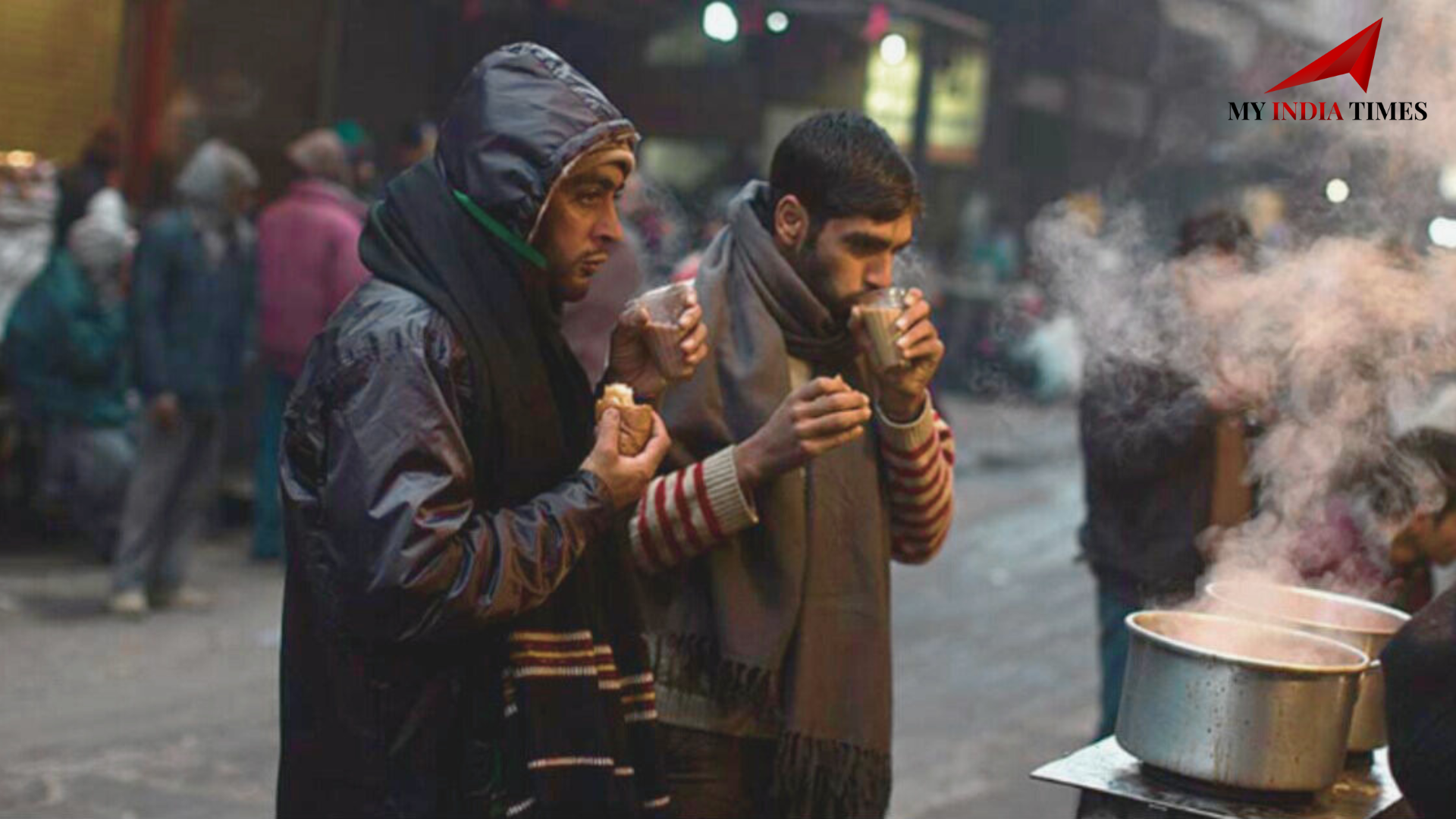Home / lucknow / Impact of the Places of Worship Act, 1991 on Uttar Pradesh’s Religious Sites and Legal Disputes Introduction to the Places of Worship Act, 1991
Impact of the Places of Worship Act, 1991 on Uttar Pradesh’s Religious Sites and Legal Disputes Introduction to the Places of Worship Act, 1991
By: My India Times
4 minutes read 30Updated At: 2024-12-09

The Places of Worship (Special Provisions) Act, 1991 was enacted to maintain the religious character of places of worship as they were on August 15, 1947, protecting them from conversion or alteration. This law aimed to preserve communal harmony by preventing future disputes over religious sites. The sole exception was the Ram Janmabhoomi-Babri Masjid case, which was adjudicated by the Supreme Court in November 2019.
In recent years, the Act has faced numerous legal challenges, particularly in Uttar Pradesh, where claims that mosques were constructed over demolished temples have sparked significant litigation and surveys. These disputes have led to increased communal tensions and debates about historical justice versus maintaining peace and secularism.
Key Disputes in Uttar Pradesh
Sambhal: Shahi Jama Masjid Case
In November 2023, Supreme Court advocate Vishnu Shankar Jain filed a petition requesting a survey of the Shahi Jama Masjid in Sambhal. The petition claims that this mosque was built by Babur in 1529 after demolishing a Hari Har Mandir. The court’s order to survey the site led to violent clashes on November 24, 2023, resulting in four deaths. The Supreme Court, on November 29, ordered a stay on proceedings until the Allahabad High Court addresses an appeal from the mosque management committee.
Varanasi: Gyanvapi Mosque vs. Kashi Vishwanath Temple
The Gyanvapi Mosque dispute is rooted in claims that Mughal emperor Aurangzeb demolished the Kashi Vishwanath Temple in the 17th century to construct the mosque. A case filed in 1991 gained momentum in July 2023 when a court ordered an ASI survey that uncovered evidence suggesting a temple structure beneath the mosque. In January 2024, the court allowed Hindus to offer prayers in the mosque's southern cellar. The mosque committee has petitioned the Supreme Court to enforce the Places of Worship Act and halt further changes.
Lucknow: Teele Wali Masjid and Laxman Teela Dispute
In 2013, lawyer Hari Shankar Jain filed a case alleging that the Teele Wali Masjid in Old Lucknow was constructed over Laxman Teela, a Hindu site. The Hindu Mahasabha has demanded a comprehensive survey to verify these claims. The case is ongoing, with the next hearing scheduled for March 15, 2024.
Agra: Taj Mahal and Shahi Masjid Cases
Taj Mahal Controversy
A group of lawyers filed a petition in 2015 claiming the Taj Mahal was originally a Shiva Temple and demanded Hindu rituals be allowed on the premises. The ASI denied these claims in a 2017 report, stating the Taj Mahal is a tomb. The case is scheduled for a hearing on December 19, 2024.
Shahi Masjid in Agra Fort
In a separate case, Hindu groups assert that Krishna idols were buried beneath the stairs of the Shahi Masjid in Agra Fort. The court is set to hear this petition on December 23, 2024.
Mathura: Shri Krishna Janmabhoomi vs. Shahi Eidgah Mosque
This ongoing conflict involves claims that the Shahi Eidgah Mosque was constructed on the original site of the Krishna Janmasthan Temple. Multiple petitions filed since 2020 seek to reclaim 13.37 acres of land for the temple. In May 2023, the Allahabad High Court took over 16 cases and ordered a survey of the Eidgah complex. However, the Supreme Court stayed this order on January 16, 2024, citing vague claims from the petitioners.
Jaunpur: Atala Mosque and Atala Devi Mandir
In May 2024, the Swaraj Vahini Association and local resident Santosh Kumar Mishra petitioned to declare the 14th-century Atala Mosque as Atala Devi Mandir. The Jaunpur court ruled in favor of the petitioners, but the decision is now under review by the Allahabad High Court. The court directed the petitioners to file their responses within three weeks.
Challenges to the Places of Worship Act, 1991
As legal battles intensify, the Places of Worship Act, 1991 faces increasing scrutiny. The Act was designed to maintain peace by preserving the religious status quo as of 1947. However, petitioners argue that the Act infringes on their right to seek justice for historical wrongs, specifically the alleged destruction of temples during various historical periods.
The upcoming Supreme Court hearing on December 12, 2024, led by Chief Justice Sanjiv Khanna, will be pivotal in determining the future of the Act and its implications for India’s secular and legal framework.
Conclusion: Balancing Secularism and Historical Justice
The surge in disputes over religious sites reflects the complex interplay of history, religion, and law in India. While the Places of Worship Act aims to prevent communal conflicts, the growing number of petitions underscores deep-seated historical grievances. The Supreme Court’s decisions will critically shape India’s approach to secularism, historical justice, and social harmony, determining how the nation navigates its diverse and often contentious religious landscape.
....The Places of Worship (Special Provisions) Act, 1991 was enacted to maintain the religious character of places of worship as they were on August 15, 1947, protecting them from conversion or alteration. This law aimed to preserve communal harmony by preventing future disputes over religious sites. The sole exception was the Ram Janmabhoomi-Babri Masjid case, which was adjudicated by the Supreme Court in November 2019.
In recent years, the Act has faced numerous legal challenges, particularly in Uttar Pradesh, where claims that mosques were constructed over demolished temples have sparked significant litigation and surveys. These disputes have led to increased communal tensions and debates about historical justice versus maintaining peace and secularism.
Key Disputes in Uttar Pradesh
Sambhal: Shahi Jama Masjid Case
In November 2023, Supreme Court advocate Vishnu Shankar Jain filed a petition requesting a survey of the Shahi Jama Masjid in Sambhal. The petition claims that this mosque was built by Babur in 1529 after demolishing a Hari Har Mandir. The court’s order to survey the site led to violent clashes on November 24, 2023, resulting in four deaths. The Supreme Court, on November 29, ordered a stay on proceedings until the Allahabad High Court addresses an appeal from the mosque management committee.
Varanasi: Gyanvapi Mosque vs. Kashi Vishwanath Temple
The Gyanvapi Mosque dispute is rooted in claims that Mughal emperor Aurangzeb demolished the Kashi Vishwanath Temple in the 17th century to construct the mosque. A case filed in 1991 gained momentum in July 2023 when a court ordered an ASI survey that uncovered evidence suggesting a temple structure beneath the mosque. In January 2024, the court allowed Hindus to offer prayers in the mosque's southern cellar. The mosque committee has petitioned the Supreme Court to enforce the Places of Worship Act and halt further changes.
Lucknow: Teele Wali Masjid and Laxman Teela Dispute
In 2013, lawyer Hari Shankar Jain filed a case alleging that the Teele Wali Masjid in Old Lucknow was constructed over Laxman Teela, a Hindu site. The Hindu Mahasabha has demanded a comprehensive survey to verify these claims. The case is ongoing, with the next hearing scheduled for March 15, 2024.
Agra: Taj Mahal and Shahi Masjid Cases
Taj Mahal Controversy
A group of lawyers filed a petition in 2015 claiming the Taj Mahal was originally a Shiva Temple and demanded Hindu rituals be allowed on the premises. The ASI denied these claims in a 2017 report, stating the Taj Mahal is a tomb. The case is scheduled for a hearing on December 19, 2024.
Shahi Masjid in Agra Fort
In a separate case, Hindu groups assert that Krishna idols were buried beneath the stairs of the Shahi Masjid in Agra Fort. The court is set to hear this petition on December 23, 2024.
Mathura: Shri Krishna Janmabhoomi vs. Shahi Eidgah Mosque
This ongoing conflict involves claims that the Shahi Eidgah Mosque was constructed on the original site of the Krishna Janmasthan Temple. Multiple petitions filed since 2020 seek to reclaim 13.37 acres of land for the temple. In May 2023, the Allahabad High Court took over 16 cases and ordered a survey of the Eidgah complex. However, the Supreme Court stayed this order on January 16, 2024, citing vague claims from the petitioners.
Jaunpur: Atala Mosque and Atala Devi Mandir
In May 2024, the Swaraj Vahini Association and local resident Santosh Kumar Mishra petitioned to declare the 14th-century Atala Mosque as Atala Devi Mandir. The Jaunpur court ruled in favor of the petitioners, but the decision is now under review by the Allahabad High Court. The court directed the petitioners to file their responses within three weeks.
Challenges to the Places of Worship Act, 1991
As legal battles intensify, the Places of Worship Act, 1991 faces increasing scrutiny. The Act was designed to maintain peace by preserving the religious status quo as of 1947. However, petitioners argue that the Act infringes on their right to seek justice for historical wrongs, specifically the alleged destruction of temples during various historical periods.
The upcoming Supreme Court hearing on December 12, 2024, led by Chief Justice Sanjiv Khanna, will be pivotal in determining the future of the Act and its implications for India’s secular and legal framework.
Conclusion: Balancing Secularism and Historical Justice
The surge in disputes over religious sites reflects the complex interplay of history, religion, and law in India. While the Places of Worship Act aims to prevent communal conflicts, the growing number of petitions underscores deep-seated historical grievances. The Supreme Court’s decisions will critically shape India’s approach to secularism, historical justice, and social harmony, determining how the nation navigates its diverse and often contentious religious landscape.
By: My India Times
Updated At: 2024-12-09
Tags: lucknow News | My India Times News | Trending News | Travel News
Join our WhatsApp Channel











































































































.png)
 (1).png)























